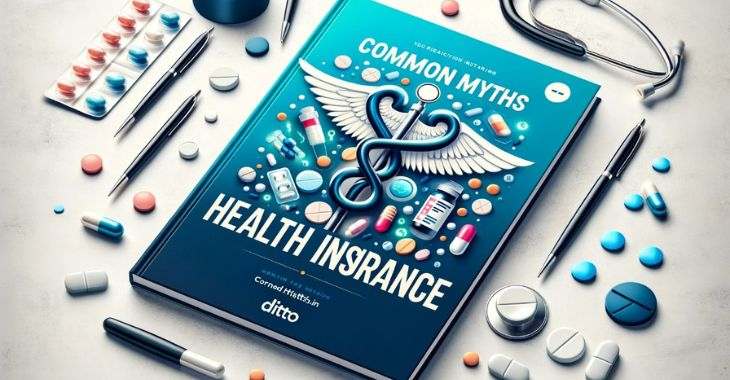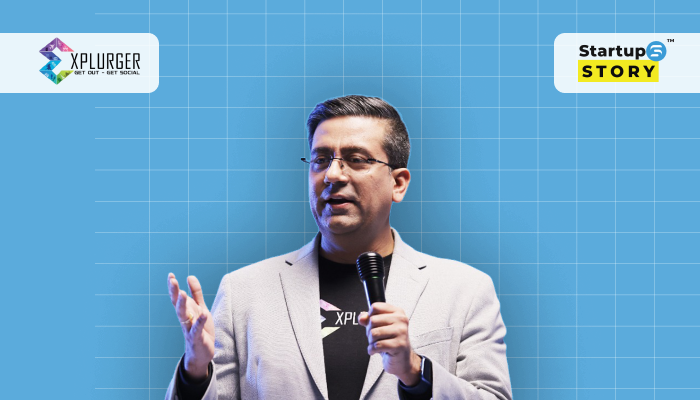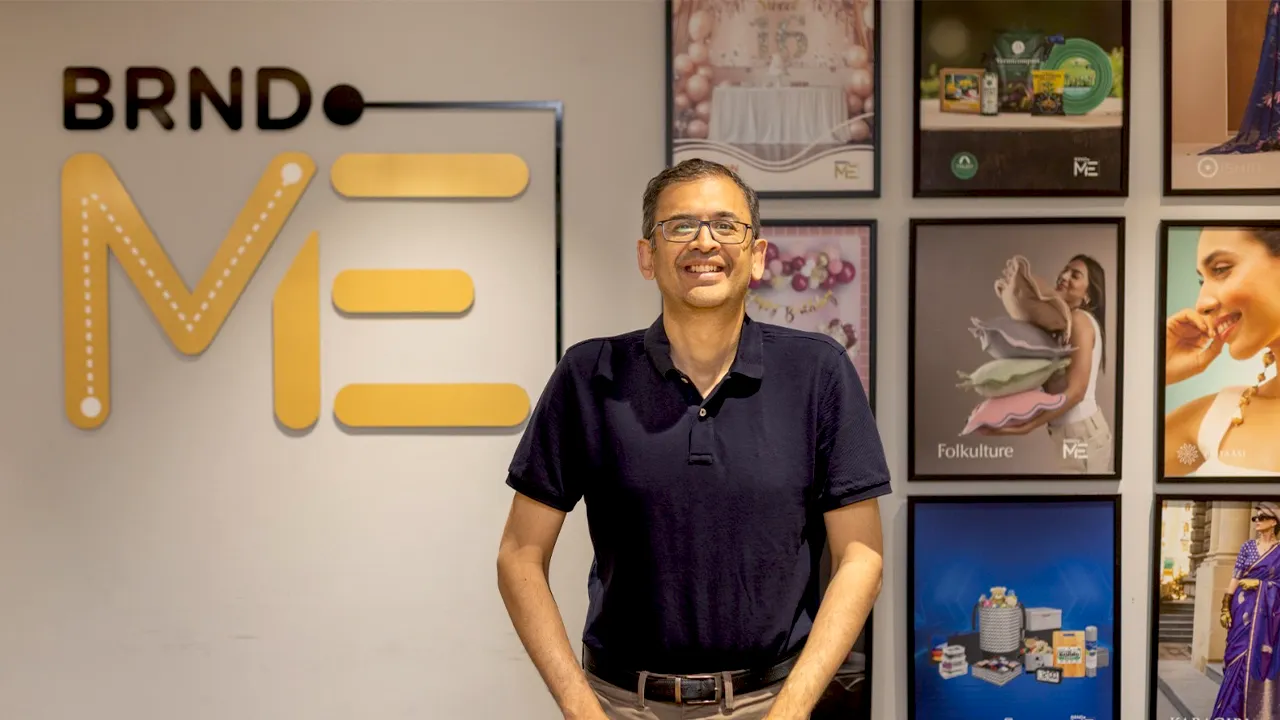Debunking Common Myths About Health Insurance: A Guide to Informed Decision-Making
- ByStartupStory | December 4, 2023

In an age where medical expenses are soaring higher than ever before, health insurance has emerged as a crucial safety net for individuals and families. Nevertheless, despite its increasing significance, health insurance is still surrounded by rumours and falsehoods that frequently prevent consumers from making wise coverage decisions. In this blog, we’ll dispel some of the most widespread misconceptions about health insurance and clarify the information everyone needs to know to get the most out of their insurance.
Myth 1: Health insurance is too expensive
This is one of the most pervasive myths about health insurance. Although health insurance premiums can be pricey, they are frequently significantly less than the price of receiving medical care in India. For instance, a straightforward operation can cost more than Rs. 50,000. You will be responsible for paying this amount out of your own pocket if you don’t have health insurance. For many families, this may spell disaster financially. You might be protected from these monetary dangers with the aid of health insurance. You can guarantee that you will have financial support if you ever require medical treatment by making a little monthly premium payment.
Myth 2: Health insurance is only for the rich
This is yet another typical health insurance fallacy. In actuality, everyone who wants it can get health insurance. There are several reasonably priced health insurance options on the market. If you’re looking for a cheap health insurance option, examine the many options and pick one that works with your budget. Additionally, you should confirm that the plan provides coverage for the medical costs you are most likely to face.
Myth 3: Health insurance is not worth it
This myth is harmful. In the event of a serious medical emergency, health insurance can save your life. It can assist with covering your medical costs so that you avoid incurring debt. Health insurance can also assist in defraying the expense of preventive care. This is crucial because preventative care can keep you healthy and help you avoid later, expensive medical treatments. You run a great danger if you don’t have health insurance. If you ever require significant medical care, your finances could be irreparably damaged.
Myth 4: Health insurance is not necessary if I have a corporate plan
This is another myth that can be dangerous. Although a company’s health insurance plan can be a reliable source of protection, it is not always sufficient. High deductibles and copays are common in corporate plans. This implies that you will still be required to pay a large sum of money for your medical costs. Corporate plans also aren’t always transferable. This implies that if you switch jobs, you can lose your insurance. Even if your employer offers health insurance, you should think about purchasing an individual health insurance plan. You will receive more thorough protection and peace of mind as a result.
Myth 5: I can’t afford health insurance
Many people actually hold this myth to be true. But it’s not accurate. There are several methods for paying for health insurance. Getting a group plan via your employer is one option to acquire affordable health insurance. Individual policies are frequently more expensive than group insurance. Getting a government subsidy is another option to afford health insurance. To make health insurance more affordable for low-income individuals and families, the government provides subsidies. Making a budget and setting aside money each month for your premium will help you afford health insurance. At first, it could seem difficult, but the effort will be worthwhile in the end.
Myth 6: Health Insurance Is Only for the Elderly or Sick
One of the most pervasive misconceptions regarding health insurance is that it is primarily intended for people who are older or who already have health problems. Many young, healthy people are discouraged by this myth from thinking about health insurance until they have a medical emergency. Regardless of age or present health, everyone benefits from having health insurance. Having insurance guarantees that you are financially prepared for unforeseen circumstances like accidents and illness.
Myth 7: Health Insurance Covers All Medical Expenses
Health insurance does offer some protection, but it’s important to realise that it doesn’t pay for all medical costs. Exclusions and restrictions are common in insurance contracts, and they often apply to pre-existing conditions, particular treatments, and particular operations. It’s easier to control your expectations and make preparations for future out-of-pocket costs when you read the policy documentation carefully and are aware of these exclusions.
Myth 8: Cashless Means No Payments at All
When referring to health insurance, the word “cashless” is frequently used to suggest that the policyholder won’t be required to pay anything out of pocket. This is not totally accurate, though. Cashless treatment indicates that the insurance provider pays the hospital directly; nevertheless, the policyholder may still be responsible for any deductibles, co-payments, or uninsured costs. Any unpleasant shocks during a medical emergency can be avoided by understanding the terms and conditions of your insurance coverage.
Myth 9: Existing Health Conditions Make You Ineligible
Contrary to popular belief, you can obtain health insurance even if you have pre-existing diseases. Many insurance companies offer coverage for such conditions after a waiting period, even though certain policies may contain waiting periods or exclusions for pre-existing conditions. When applying for insurance, it’s critical to be open and honest about your medical history because failing to do so may result in a claim being denied.
Conclusion
In a nation where quality healthcare costs continue to rise, debunking these common myths surrounding health insurance is crucial. Health insurance is more than just a financial investment; it’s also a safety net against risk and a guarantee that you and your loved ones will get the care you need without having to pay exorbitant costs. Making wise selections and being aware of the reality of health insurance are two ways people can protect their well-being and financial security in the event of unanticipated medical emergencies.









